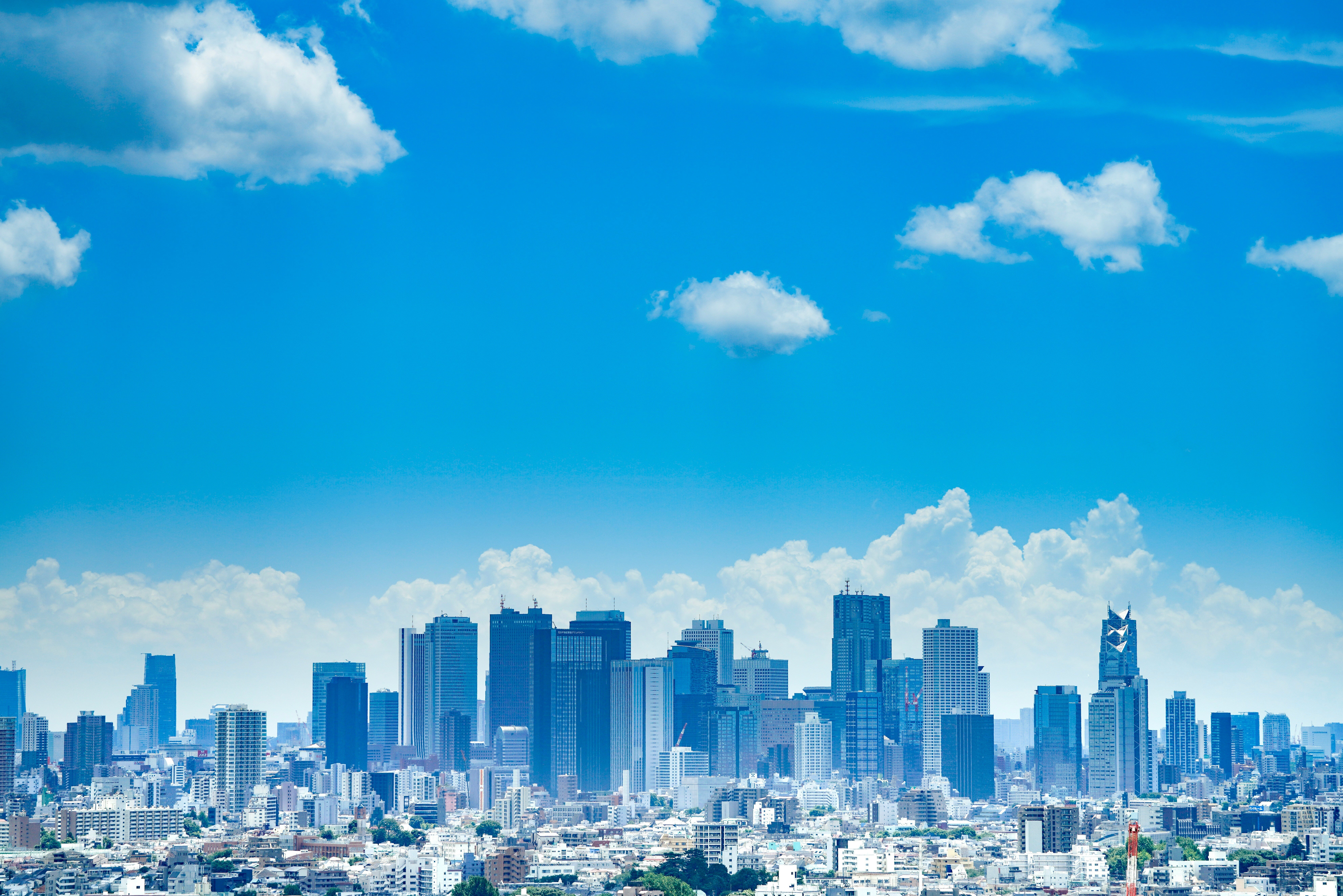Doing as they do: What Filipinos must know about Japanese business culture
As a Filipino who has considered working and living abroad, it’s not too surprising that heading to Japan has crossed your mind at least once in your life. For some time now, Japan has been a favorite destination for Filipinos, whether this is for vacation, as a temporary career stop, or maybe something even more permanent.
What the Japanese value in business practices
Truth be told, considering working and living in Japan opens a door to a rich tapestry of cultural nuances and a unique business landscape deeply entrenched in tradition and modernity. For many Filipinos seeking opportunities in Japan, understanding the intricacies of Japanese business culture is pivotal for a successful transition and integration into the professional sphere.
Hierarchy and respect
Japanese business culture is profoundly hierarchical, where respect for seniority and authority is fundamental. This respect permeates every aspect of business interactions, from addressing colleagues by their titles to following established protocols during meetings. The concept of "senpai-kohai" (senior-junior relationship) is prevalent, wherein senior employees guide and mentor their junior counterparts. As a newcomer, showing deference and humility is highly regarded and contributes to building rapport within the workplace.
This is not really that far from the age-old Filipino value of respect for elders. As Filipinos, we even operate within the concept of “ate” and “kuya,” to give respect to people who are not that much older than us, even in the office environment. Although admittedly, the tradition in Japan is less bendable compared to how we practice it in the Philippines.
Group harmony and consensus
Japanese companies prioritize harmony within the group, valuing collective decision-making processes over individual opinions. The concept of "nemawashi" or informal consensus-building is crucial, where decisions are often made after careful discussions and consultations among team members. Individuals are expected to align their thoughts with the group’s objectives, fostering a cohesive working environment.
Again, teamwork isn’t alien to Filipinos, especially in the work environment. There may be office politics and all sorts of pressures that we have here, which makes it a little more challenging in the workspace at times. Truth be told, there are similar pressures in Japanese business, too. However, Filipinos uphold the culture of “bayanihan,” which resonates well with the importance Japanese people place on group harmony.
Punctuality and discipline
The Japanese work culture is synonymous with punctuality and discipline. Arriving on time for meetings and adhering to deadlines are imperative, showcasing dedication and respect for others' time. Additionally, the concept of "kaizen" or continuous improvement is deeply ingrained, emphasizing the pursuit of excellence and efficiency in all aspects of work.
There may be a number of things that Filipinos ought to be ashamed of about the prevailing culture, and one of these is “Filipino time,” which frankly, sometimes even becomes an excuse for people not to show up punctually. It’s a good thing that Filipinos are generally conscious of coming to work and delivering on time, especially when they are already working abroad.
Communication style
Japanese communication tends to be indirect and implicit, emphasizing non-verbal cues and context. Reading between the lines and understanding subtle nuances in conversations is essential. Politeness, maintaining harmony, and avoiding confrontation are valued, often leading to a more subtle and nuanced communication style compared to the directness often seen in Western cultures.
Even in the Philippines, we have something similar, although Filipinos can be downright frank when they need to. However, for the most part, we practice “kahihiyan,” where we are careful not to hurt the feelings of others, or express disagreement or rejection as softly as possible. We tend to save face and choose to be indirect in the way we communicate.
Work-life balance
While the dedication to work is strong, the Japanese also value a work-life balance. Despite long hours often seen in corporate settings, there is a growing recognition of the importance of personal time. However, this balance might vary between companies and industries.
Some people may argue that Filipinos demonstrate an imbalance when it comes to work and life: Either we are workaholics or we don’t work commensurately with how we are compensated. But objectively, most Filipinos who qualify for work in Japan know the value of striking the balance between the two.
Business attire and etiquette
The attire in Japanese business culture tends to be formal, with "salarymen" often dressed in suits and ties. Adhering to dress codes and observing business etiquette, such as exchanging business cards ("meishi") with both hands and a slight bow, signifies respect and professionalism.
Generally, Filipinos know how to dress appropriately, according to the level of formality there may be in a given setting. Small things like the proper manner of handing out business cards and even shaking hands are now commonly taught in school. However, there are nuances to these little things, when it comes to working in Japan, which Filipinos should learn to adopt completely.
Building relationships
Establishing relationships based on trust and mutual respect is pivotal in Japanese business culture. Engaging in after-work activities, such as "nomikai" (drinking parties), is common and provides opportunities for bonding and networking outside the formal workspace.
Filipinos are very familiar with how effective it is to forge relations over the practice of drinking alcoholic beverages. This signifies equality and enjoyment of each other’s company within the team. With a little toning down in how liberally we do it in the Philippines, Filipinos can relate well with others in the Japanese business environment through drinking parties.
Embracing the nuances of Japanese business culture is an essential step for Filipinos aspiring to work and live in Japan.
Indeed, there is an adjustment that Filipinos need to undergo - a learning curve, if you wish - in order for them to function meaningfully in the Japanese business environment.
However, as we can see with many Filipinos, doing as the Japanese do does not have to be too difficult or too far from what we already practice in our own culture. Understanding and appreciating these cultural aspects will not only enable smoother integration but also pave the way for a fulfilling and successful career journey in Japan.




